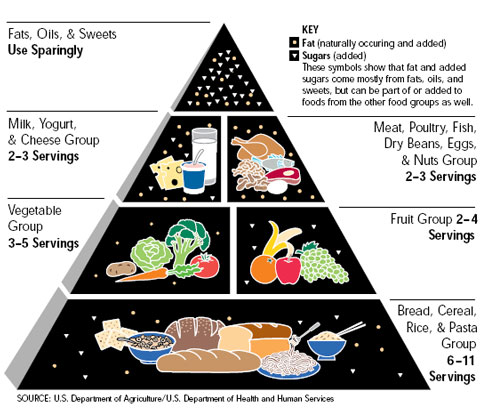The one thing that it claims that conventional wisdom that a calorie in = calorie out and if you want to lose weight make sure the calories out > calories in.
Here's my standard response to the calories in/out thing:
You say that it's just "calories in/calories out," and you're 100% right. But I'm going to give you an example that I think will make you realize, that while true, that law is actually irrelevant to weight loss, and that all calories are not equivalent.
Let's say I gave you a pill to eat every morning. This pill contained only four calories. However, this pill affects your hormonal balance, and it makes you ravenously hungry all the time, and also quite lethargic. Perhaps it's related to your thyroid, but that doesn't matter for this example. What matters is that it makes you hungry and sedentary.
As a result, you are going to gain weight. The pill is only a few calories, but you have gained weight because it has made you to eat a lot more food and move around less.
Has your "calories in/calories out" thermodynamic law been violated? No, because, as a result of your extra eating, you have taken in a lot more calories, and expended fewer. But because of the nature of these calories that you've eaten, namely those four calories in the pill that affects your metabolism, you have gained weight. If you were to stop taking that four-calorie pill, you'd lose weight.
In other words, calories in/calories out is true, but not helpful in understanding weight gain or loss.
By the way, in a similar way, eating lots of carbohydrates can force your body to store energy in fat cells, which in turn forces you to eat more and expend less.
----------------------
Another simpler argument is this: If it's just as simple as calories in/calories out, why not just stop eating entirely until you reach your goal weight?



